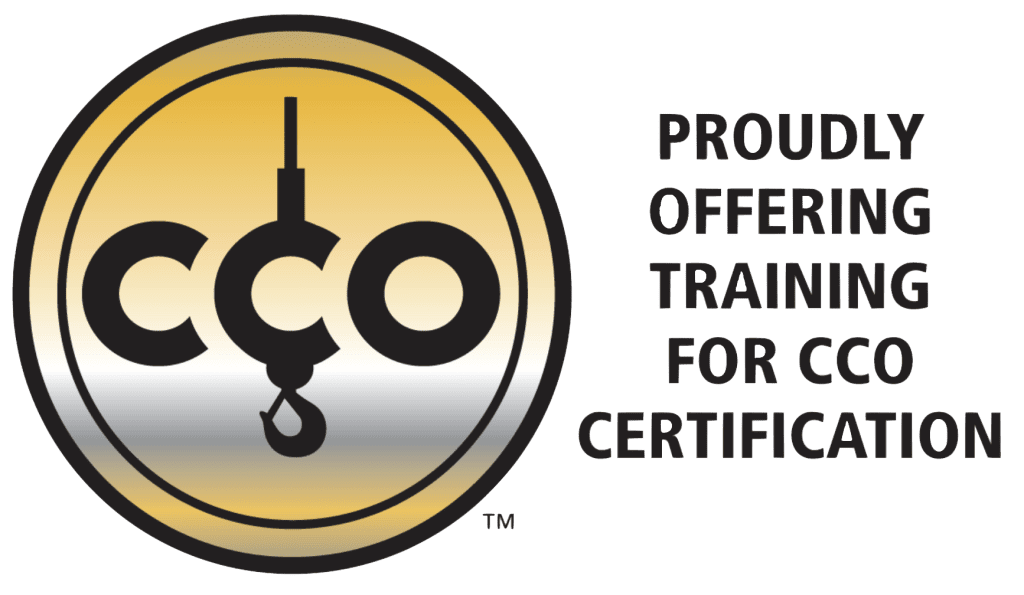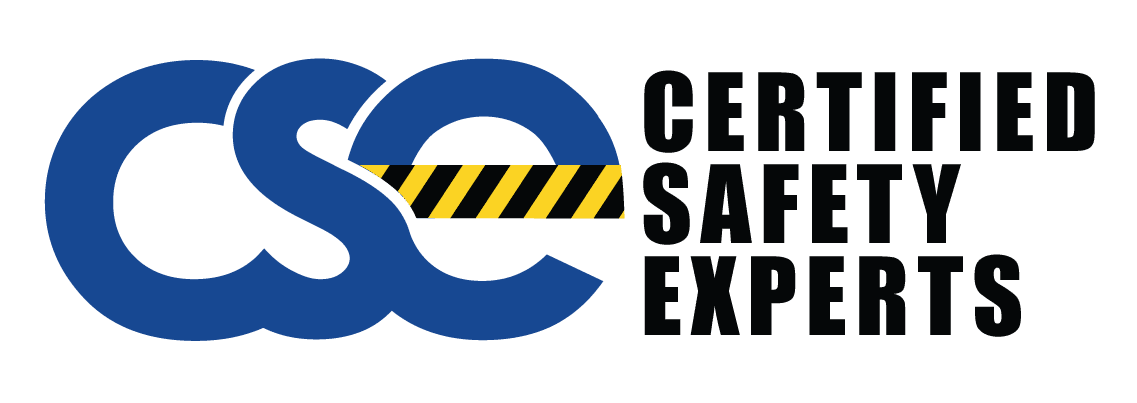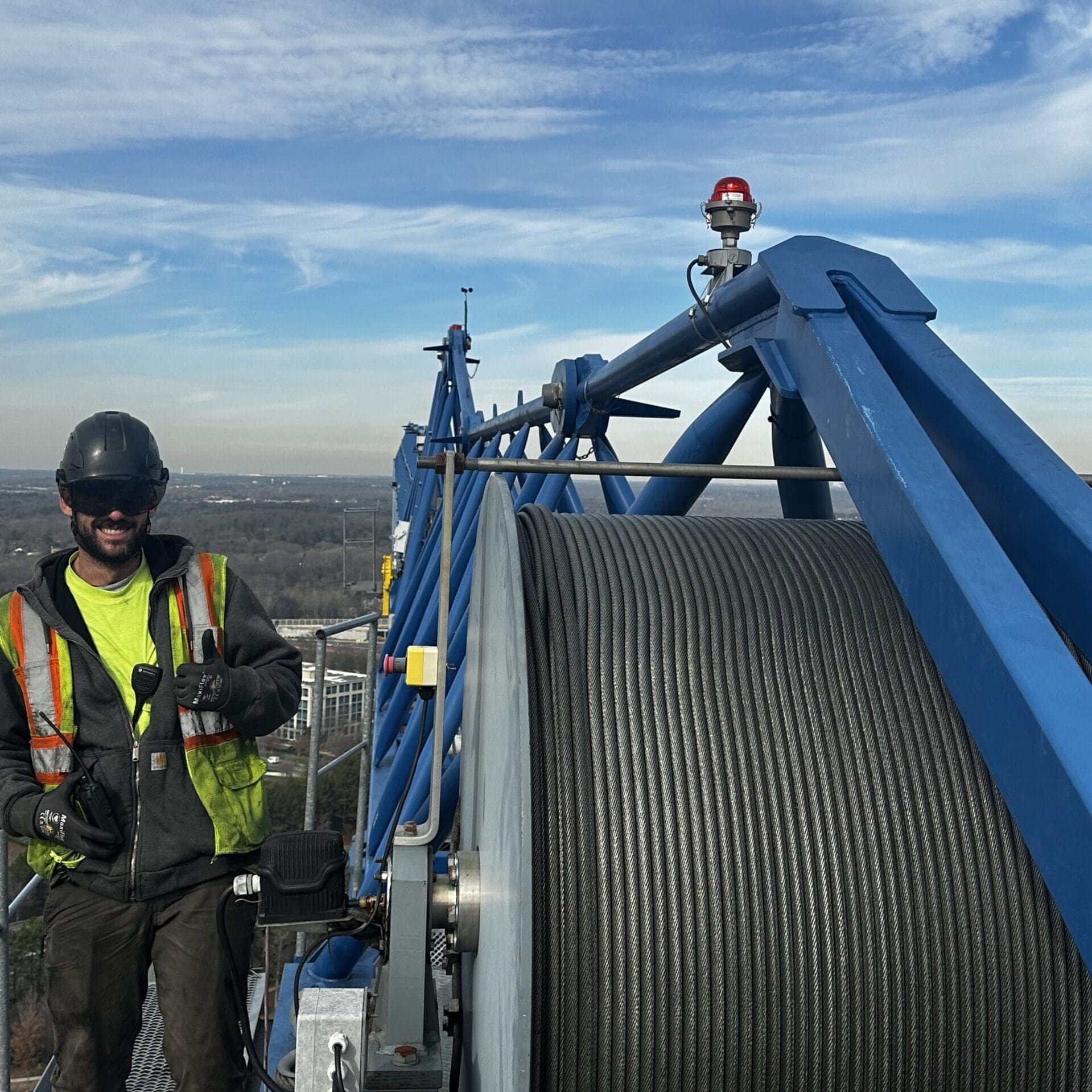So, you’re looking into crane schools and wondering why some cost way more than others. It’s a fair question, right? There’s a big difference between public and private schools, and that definitely shows up in the price tag. We’re going to break down what makes those prices different, looking at everything from what they teach to the fancy equipment they use. Think of this as your guide to figuring out where your training dollars go and what you’re actually getting for them.
Key Takeaways
- Public crane schools are often government-funded, which can lead to lower tuition fees but may have larger class sizes and less specialized equipment.
- Private crane schools typically charge higher tuition due to investments in advanced training simulators, experienced instructors, and smaller student-to-instructor ratios.
- The curriculum, instructor qualifications, and facility upkeep are major cost drivers that influence the price difference between public and private crane training programs.
- Beyond tuition, consider career services, industry connections, and the potential long-term earning boost when evaluating the overall value of a crane school.
- Making the right choice means matching your budget and training goals with a school’s reputation and the return on investment you can expect for your future career.
Understanding The Core Differences: Public Versus Private Crane Schools
Defining Public Crane Schools
Public crane schools are typically funded by government entities, like local or state authorities. This means their operations and tuition fees are often influenced by public budgets and regulations. Because they serve a broad community, their programs might be more standardized to meet a wider range of student needs and educational goals. Think of them as the community’s resource for crane operator training, accessible to many.
Defining Private Crane Schools
Private crane schools, on the other hand, are usually funded through tuition fees, private donations, or corporate sponsorships. This independence often allows them more flexibility in designing their curriculum, setting their schedules, and investing in specialized equipment. They might cater to specific industry demands or offer niche training programs that public schools can’t. The focus here is often on specialized, high-demand skills.
Key Distinctions in Educational Approach
When you look at how these schools teach, you’ll see some differences. Public schools might have a more traditional classroom setting, focusing on foundational knowledge that applies broadly. Private schools, however, might lean more towards hands-on, practical training from day one, often with a closer connection to current industry practices. This can mean:
- Curriculum Focus: Public schools might cover a wider range of general heavy equipment operation, while private schools could specialize solely in advanced crane operations.
- Learning Pace: Private schools may offer more intensive, shorter programs designed to get students into the workforce quickly.
- Industry Alignment: Private institutions often work closely with employers to ensure their training directly matches what companies are looking for in new hires.
It’s not uncommon for private schools to have smaller class sizes, which can lead to more personalized attention. This can be a big factor for students who learn best with direct guidance.
The choice between public and private often comes down to what kind of learning environment and specific career path you’re aiming for. Both have their strengths, and understanding these core differences is the first step in figuring out which one fits you best.
Factors Influencing Tuition Fees
So, why do the prices for crane schools bounce around so much? It really comes down to what you’re getting for your money. Think of it like buying a car; a basic model will cost less than one loaded with all the bells and whistles. The same applies here.
Curriculum and Specialization
Some schools focus on a very specific type of crane operation, like tower cranes or mobile cranes. This specialized training often means they’ve invested more in tailored equipment and instructors who are top-notch in that niche. On the other hand, a school offering a broader range of crane types might have a more general curriculum. The depth and breadth of what they teach directly impacts the cost. If a program includes advanced rigging or specialized load calculations, you can expect that to be reflected in the tuition.
Instructor Expertise and Experience
Let’s be real, you want to learn from people who actually know their stuff, right? Schools that hire instructors with years of hands-on experience in the field, perhaps even those who have worked on major construction projects, usually charge more. These seasoned professionals bring a wealth of practical knowledge that textbooks just can’t replicate. Their insights into real-world challenges and safety protocols are incredibly important for your future career. It’s about getting that practical wisdom that helps you avoid costly mistakes on the job.
Facility and Equipment Investment
This is a big one. Schools that invest in state-of-the-art training facilities and a wide variety of well-maintained cranes will naturally have higher operating costs. This includes everything from simulators that mimic real-world conditions to the actual cranes you’ll be operating. Keeping this equipment in top shape, up to safety standards, and accessible for student use requires significant ongoing investment. Think about the cost of maintaining a fleet of heavy machinery – it’s not cheap!
The quality and modernity of the training equipment, including simulators and actual cranes, play a significant role in determining the overall cost of a crane operation program. Schools that prioritize up-to-date technology and well-maintained machinery often reflect these investments in their tuition fees.
Here’s a quick look at how these factors might stack up:
- Specialized Curriculum: Higher cost
- Highly Experienced Instructors: Higher cost
- Advanced Simulators: Higher cost
- Broad Curriculum: Potentially lower cost
- General Instructor Experience: Potentially lower cost
When you’re comparing schools, it’s worth looking into what makes their price tag what it is. Understanding these elements can help you see the value in your investment and make a more informed choice about your crane operator training. You might find that a slightly higher price gets you a much better foundation for your career, potentially leading to better job prospects, like those gained through university courses and industry internships.
The Impact of Resources on Pricing
So, we’ve talked about what goes into running a crane school, but how do all those resources actually affect what you’ll pay? It’s not just about the instructors; there’s a whole lot more going on behind the scenes that influences the final tuition number. Think of it like building a house – the quality of the materials and the tools used really make a difference in the end cost.
Student-to-Instructor Ratios
This is a big one. If a school keeps its class sizes small, meaning fewer students per instructor, you’re likely going to see higher costs. Why? Because it takes more of the instructor’s time and attention to go around to everyone. Smaller groups mean more personalized feedback and hands-on help. On the flip side, schools with larger classes might be able to spread the instructor costs out, making tuition a bit lower. It’s a trade-off between individual attention and overall cost.
Technology and Training Simulators
Modern crane schools often invest in some pretty fancy tech. We’re talking about simulators that mimic real-world crane operations. These things aren’t cheap, but they offer a safe and repeatable way for students to practice. Schools that use these advanced tools, or have updated computer systems for theory lessons, usually have higher overhead. This investment in technology is often passed on to students through tuition fees, but it can lead to a better learning experience.
Industry Partnerships and Certifications
Sometimes, schools build relationships with actual companies in the crane industry. These partnerships can mean a few things for pricing. Maybe the school gets access to better equipment through these links, or perhaps they can offer students unique certification opportunities that are highly regarded. If a school has strong ties that lead to better job prospects or more recognized credentials, they might charge more because the value of the program is perceived as higher. It’s about what you get out of the training beyond just the basic lessons.
Comparing Public vs Private Crane Schools: What Influences Price
So, you’re looking into crane school and wondering why some programs cost a lot more than others. It’s a fair question, and there are definitely some key things that push the price tags around when you compare public and private options.
Operational Costs and Overhead
Think about it like running any business. Private schools often have to cover a wider range of expenses out of their tuition fees. This can include things like marketing to attract students, managing more complex administrative structures, and sometimes even higher property taxes or lease agreements. Public schools, on the other hand, might receive direct funding from government sources, which can help offset some of these operational costs. This difference in funding models is a big reason why you’ll see price variations. The way a school is funded directly impacts how much it needs to charge students.
Accreditation and Program Quality
Accreditation is a big deal in any educational field, and crane operation is no exception. Schools that go through rigorous accreditation processes, often involving detailed reviews of their curriculum, instructors, and facilities, usually have higher overheads. This commitment to quality and adherence to industry standards can translate into higher tuition. Private schools might invest more in specialized certifications or advanced training modules to stand out, which also adds to the cost. It’s about ensuring the training you receive is recognized and respected across the industry. You can check out resources on crane operator certification to see what’s out there.
Location and Market Demand
Just like with housing, where a school is located can really affect its price. Schools in major metropolitan areas or regions with a high demand for skilled crane operators might be able to charge more. This is simply supply and demand at work. If lots of companies are hiring crane operators in a specific area, schools in that area might see higher enrollment and adjust their prices accordingly. Conversely, a school in a less populated area or a region with fewer job opportunities might have lower tuition to attract students.
Value Beyond The Sticker Price
Career Services and Job Placement
So, you’ve finished your crane operator training. Now what? This is where the real value starts to show, especially when you look at what schools do after you’ve got your certificate. Good schools, whether public or private, often have dedicated career services departments. These folks are like your personal job scouts. They help polish your resume, practice interview skills, and, most importantly, connect you with companies that are hiring. Think of it as a direct line to potential employers. Some schools even have job boards specifically for their graduates. It’s not just about getting a certificate; it’s about getting a job in the field.
Alumni Networks and Industry Connections
Ever heard the saying “it’s not what you know, it’s who you know”? Well, in the crane operating world, that can really ring true. Schools with strong ties to the industry, often built over years, have networks of former students who are now working in all sorts of places. These alumni can be a fantastic resource. They might know about job openings before they’re even advertised, or they can offer advice based on their own experiences. Some schools actively cultivate these connections through events or online forums. It’s like having a whole team of people in your corner, looking out for your career.
Long-Term Earning Potential
When you’re comparing schools, it’s easy to get hung up on the upfront cost. But you should also think about what kind of earning potential the training opens up. Some programs might cost a bit more, but if they lead to specialized certifications or better job placement rates, that initial investment can pay off quickly. For example, learning to operate specific types of cranes, like tower cranes or offshore cranes, can command higher salaries. The quality of your training can directly influence your starting wage and your ability to move up in the industry over time. The right training program isn’t just an expense; it’s an investment in your future earning power.
It’s easy to get caught up in the numbers – tuition fees, equipment costs, that sort of thing. But the real value of a crane school often lies in the doors it opens for you after you graduate. Think about the support you get in finding work and the connections you build that can help you throughout your career. That’s the stuff that really makes a difference down the line.
Making An Informed Decision For Your Training
So, you’ve looked at the costs, the instructors, and all the bells and whistles. Now comes the part where you actually figure out what works best for you. It’s not just about picking the cheapest option or the one with the fanciest name; it’s about finding the right fit for your career goals and your wallet.
Assessing Your Budget and Needs
First things first, let’s talk money. How much can you realistically set aside for crane operator training? Think beyond just the tuition fee. You’ll also want to consider living expenses if you have to relocate, potential costs for study materials, and maybe even some extra cash for unexpected things. It’s like planning for a big project – you need to know your total budget before you start picking out the tools.
- Tuition Fees: The sticker price of the program.
- Living Expenses: If you’re moving for training, factor in rent, food, and transportation.
- Materials: Books, safety gear, or any other required supplies.
- Miscellaneous: Buffer for unexpected costs.
Beyond the budget, what do you actually want to get out of this training? Are you aiming for a specific type of crane operation, like tower cranes or mobile cranes? Do you have a particular industry in mind, such as construction or shipping? Knowing your end goal helps you choose a program that aligns with your aspirations. It’s about finding a school that doesn’t just teach you to operate a crane, but teaches you to operate the right crane for the job you want.
Researching School Reputation
Once you have a clearer picture of your budget and what you’re looking for, it’s time to do some digging. Don’t just take a school’s word for it; see what others are saying. Look for reviews, talk to people who have gone through the programs, and check out their job placement rates. A school with a solid reputation often means they have a good handle on what employers are looking for. For instance, some private schools in certain regions have shown strong academic performance, which can sometimes translate to better career preparation [8850].
Here are a few things to look into:
- Alumni Feedback: What do former students say about their experience?
- Instructor Credentials: Are the instructors experienced industry professionals?
- Job Placement Assistance: Does the school help graduates find work?
- Accreditation: Is the program recognized by industry bodies?
Remember, a school’s reputation isn’t just about how many students they have; it’s about the quality of training and the success of their graduates. A good reputation is earned through consistent results and a commitment to student success.
Understanding Return on Investment
Finally, let’s tie it all together with the return on investment (ROI). This means looking at the total cost of the training versus the potential increase in your earning power. A more expensive program might actually give you a better ROI if it leads to higher-paying jobs or faster career advancement. Think about it: if a slightly pricier course gets you into a specialized, high-demand role quicker, that initial cost could pay for itself in no time. It’s a long-term view, considering not just the price tag today, but the career opportunities tomorrow. Making an informed decision now can set you up for a successful career for years to come.
Choosing the right training is a big step. We want to help you make a smart choice for your future. Our goal is to provide you with the best information so you can pick the perfect training program. Visit our website today to learn more and start your journey!
Wrapping It Up
So, when you’re looking at crane schools, remember that the price tag isn’t the whole story. Public schools often have lower fees, which is great for your wallet. But private schools might offer something extra, like smaller classes or specialized training that could be worth the extra cash for some folks. It really comes down to what you need for your career and what you can afford. Do your homework, check out what each type of school offers, and pick the one that feels like the best fit for you. Good luck out there!
Frequently Asked Questions
What’s the main difference between public and private crane schools?
Think of public crane schools like your local community college or state-run training centers. They often get government funding. Private crane schools are usually owned and run by companies or private groups. They don’t rely as much on public money and might have different ways of teaching.
Why do private crane schools sometimes cost more?
Private schools often charge more because they might invest heavily in newer cranes, fancy simulators that mimic real-life situations, and instructors with lots of hands-on experience. They also might have smaller class sizes, meaning more one-on-one attention for students.
Does a more expensive crane school guarantee a better job?
Not always! While some pricier schools offer great connections and career help, even less expensive schools can lead to good jobs if they provide solid training and you work hard. It’s important to look at the school’s reputation for helping graduates find work.
Are public crane schools less effective because they’re cheaper?
Not at all. Public schools can be very effective. They often cover all the essential skills needed to operate cranes safely and efficiently. The quality really depends on the specific school and how well their programs are set up, not just the price tag.
What should I consider besides the price when choosing a crane school?
Look at what kind of cranes they use for training, how experienced the teachers are, and if they help students find jobs after graduation. Also, think about how close the school is to you and if their teaching style fits how you learn best.
Can I get financial help for crane training?
Many schools, both public and private, offer financial aid, scholarships, or payment plans. It’s a good idea to ask each school directly about any financial assistance options they might have to help make the training more affordable.




